RAMADAN RENDEZVOUS
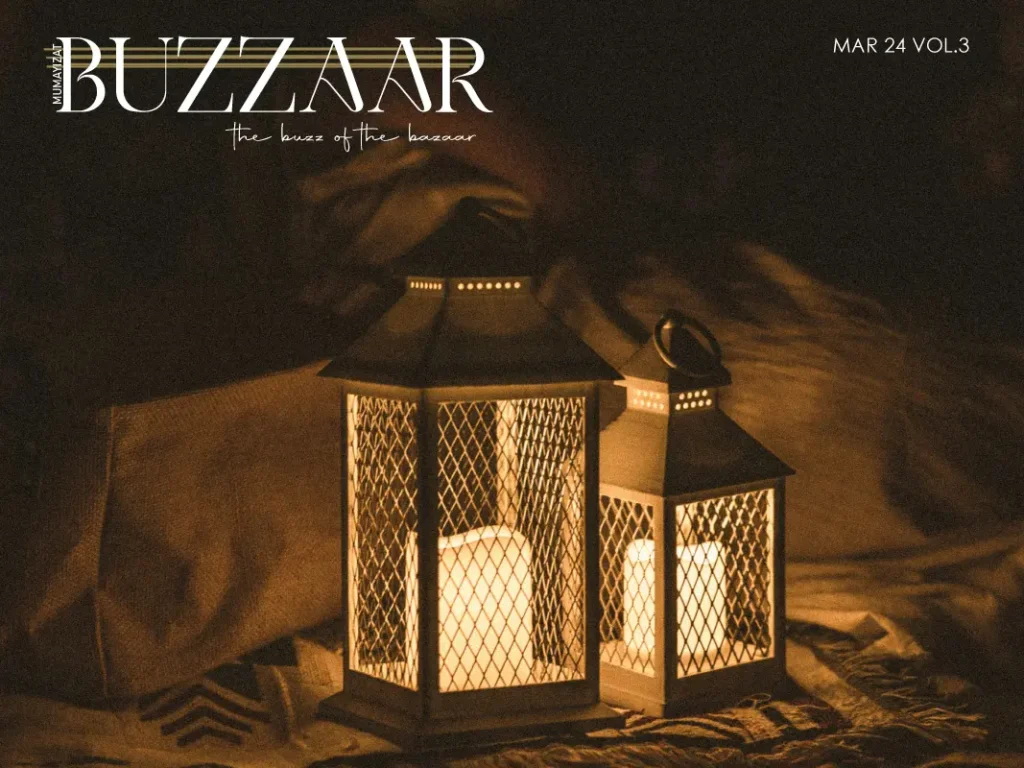
Ramadan’s Harmony: Diverse Threads, One Celebratory Symphony
As the crescent moon heralds the arrival of Ramadan, it brings with it a profound message of unity, transcending cultural and societal divides. Beyond religious affiliations, Ramadan stands as a festival for all, characterized by the spirit of giving and soul-cleansing. In diverse and cosmopolitan countries, the essence of this sacred month is beautifully exemplified as people, no matter their backgrounds, come together to celebrate as one harmonious community.
At its heart, Ramadan is a time for self-reflection and spiritual renewal. Fasting during this month is not a practice confined to a specific group; rather, it serves as a collective journey for individuals from all walks of life to cleanse their souls and cultivate empathy. In the midst of diversity, the universal nature of this experience is evident as communities, irrespective of their cosmopolitan makeup, embrace the principles of compassion, kindness, and understanding.
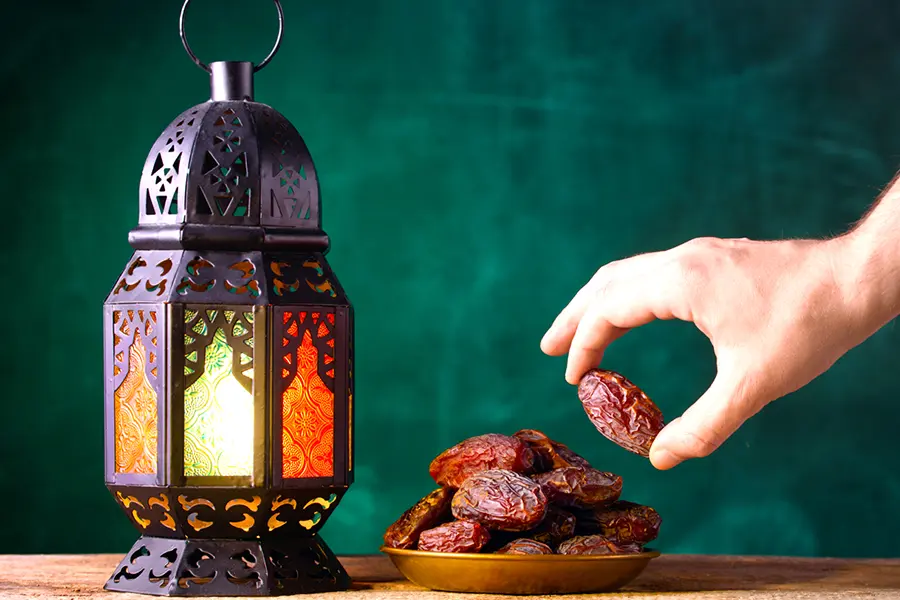
The festival’s emphasis on giving becomes a unifying force that binds communities together. In cosmopolitan countries, the diversity of charitable acts during Ramadan mirrors the rich tapestry of the society. Whether it’s organizing community iftar gatherings, distributing meals to the less fortunate, or supporting various charitable initiatives, the culture of giving knows no boundaries. Ramadan becomes a time when everyone, regardless of their background, contributes to the collective well-being of the community.
In these cosmopolitan landscapes, the inclusive nature of Ramadan celebrations is striking. People from different cultures, languages, and traditions come together to break their fasts, share meals, and partake in the festivities. The cosmopolitan character of the country becomes a strength, fostering an environment where diversity is not just tolerated but celebrated.

In the tapestry of Ramadan, irrespective of how diverse and cosmopolitan a country may be, the threads of unity weave a fabric that binds people together. The shared experience of giving, soul-cleansing, and celebration transforms Ramadan into a universal festival that welcomes all, creating a harmonious symphony of diverse voices coming together as one community.
Surprisingly Sur: Arab tourism capital 2024
In a remarkable twist of fate, Sur has emerged as the Arab Tourism Capital of 2024, captivating travelers with its unique fusion of tradition and modernity. This enchanting city, nestled on the Arabian Peninsula, goes beyond the ordinary, offering an immersive experience that delves into its rich heritage, stunning landscapes, and distinctive traditions.
Sur’s recognition as the tourism capital is not merely a nod to its historical charm and contemporary allure but also a celebration of its remarkable association with turtles and traditional boat making. The city’s pristine beaches play a pivotal role in the annual nesting of green sea turtles. Visitors can witness the mesmerizing spectacle of these gentle creatures as they come ashore to lay their eggs, a natural phenomenon that adds a touch of magic to Sur’s coastal allure.
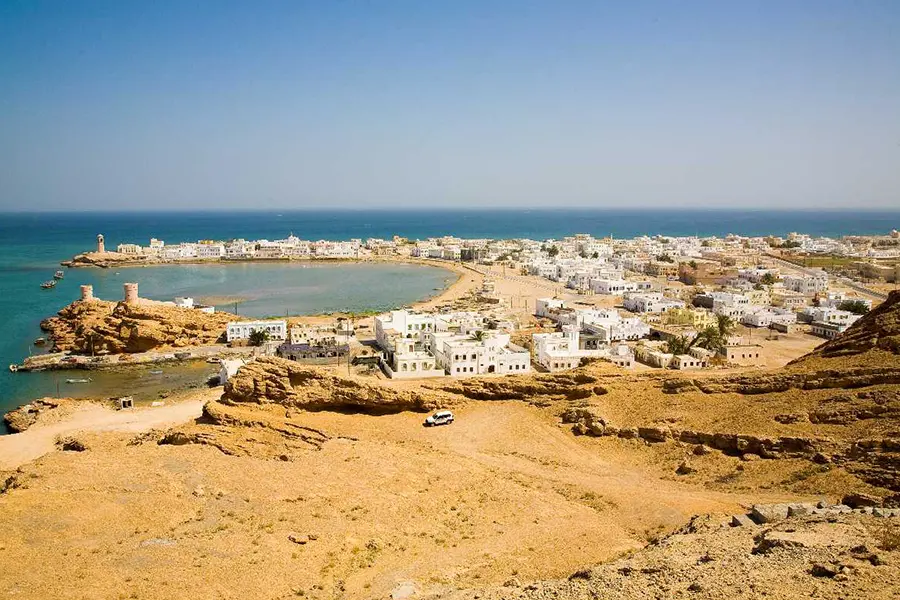
Adding to the allure is Sur’s deep-rooted tradition of boat making, an art passed down through generations. The city’s shipyards, where skilled craftsmen meticulously construct wooden Dhows, stand as living testaments to Sur’s maritime legacy. These traditional boats, with their distinctive designs, have been an integral part of Sur’s history, connecting it to its seafaring roots.
Tourists are offered a unique opportunity to witness the age-old craft of dhow construction, a process that seamlessly combines traditional techniques with a deep understanding of the sea. The significance of these boats extends beyond their craftsmanship; they represent Sur’s historical role as a hub of trade and maritime activities.
Surprises abound as visitors navigate through the narrow streets of the city’s historic quarter, encountering not only architectural wonders and bustling markets but also workshops where artisans shape wood into seaworthy vessels. This intersection of tradition and craftsmanship serves as a living museum, offering insights into the intricate skills involved in boat making.
As travelers explore Sur’s coastal beauty, they find themselves immersed in a journey that transcends time, blending the allure of the ancient with the excitement of the present. Sur, the Arab Tourism Capital of 2024, beckons those seeking an extraordinary travel experience, inviting them to discover a city where turtles gracefully meet the shore and the art of boat making stands as a testament to centuries of maritime heritage.
Yoga & Mind
In the wake of the global pandemic, the perception of a luxurious lifestyle has shifted from material possessions to a focus on well-being, fitness, and a positive mindset. Balance Muscat Ayurveda & Yoga Centre emerges as a beacon of integrated wellness, driven by the vision to make holistic health and well-being a status symbol for individuals in Muscat. The center aims to serve both current and future generations through tailored services, specialized programs, and awareness campaigns.
Balance Muscat takes pride in being a bespoke wellness center where each program is uniquely designed for every individual. Recognizing the non-mechanistic nature of health, the Ayurvedic Doctor customizes treatments based on the individual’s specific condition. The center advocates for consistent natural holistic care as the foundation for good health, emphasizing the importance of understanding the root cause of health issues and fostering a mind-body-soul connection.

The array of services offered at Balance Muscat reflects its commitment to comprehensive well-being:
-
-
Ayurveda: Drawing from ancient wisdom, Ayurveda is personalized to address individual health needs.
-
Therapeutic Yoga: Tailored yoga programs are designed to complement the healing process.
-
Modern Nutrition: A holistic approach includes guidance on nutrition to support overall health.
-
Emotional Wellness Program: Featuring practices like Sound Meditation, this program aims to enhance mental and emotional well-being.
-
The essence of good health, as defined by Balance Muscat, extends beyond the absence of disease. It encapsulates a harmonious balance among physical, mental, and social well-being. The center advocates for cultivating daily habits that contribute to this balance, recognizing that there is no one-size-fits-all approach to well-being.
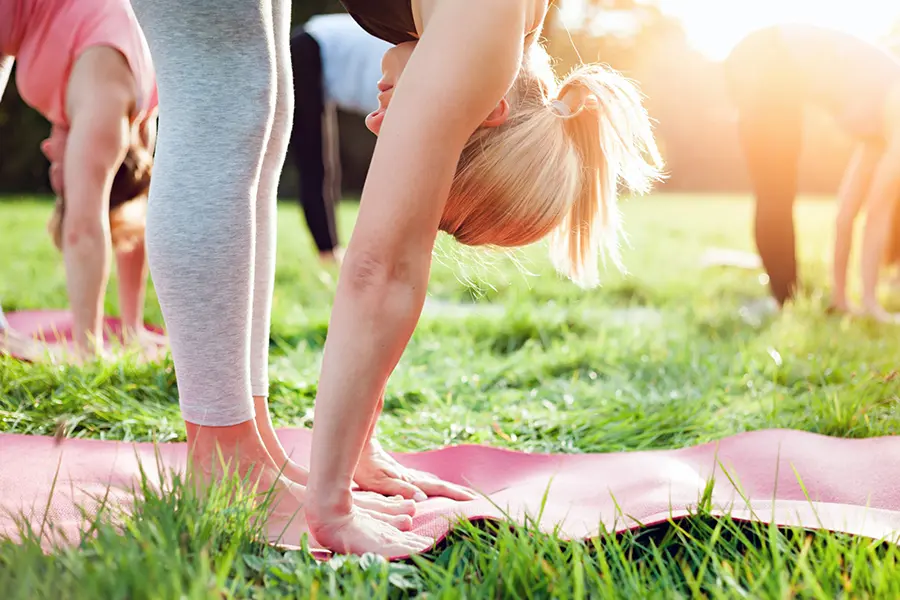
What sets Balance Muscat apart is its commitment to providing bespoke wellness services. The dedicated team, composed of like-minded individuals, strives to make a genuine difference in the wellness space. The center operates on an 80/20 philosophy, balancing commercial services with a commitment to giving back to society. Through free workshops, consultations, and webinars, Balance Muscat actively contributes to the well-being of the community, aligning with its mission to connect, serve, and empower the people of Muscat.
Money Matters; Smart Money Management During Ramadan and Eid
As Ramadan approaches, many of us are preparing for a month of spiritual reflection, community, and, quite often, increased spending on groceries and festivities. It’s a time when expenses can soar, but with some smart money management strategies, it’s possible to celebrate fully without overstretching your budget. This article aims to provide practical tips for managing finances effectively during Ramadan and Eid.

Understanding Spending Patterns in Ramadan and Eid
Ramadan and Eid are significant occasions in many communities, often accompanied by special meals, gatherings, and gifts. It’s natural for expenses to rise during this period. However, it’s essential to differentiate between necessary spending and extravagance.
Budgeting: Your First Step to Smart Spending
-
-
Set a Budget: Before Ramadan begins, create a budget. Determine how much you can realistically spend on groceries, gifts, and festivities without affecting your essential expenses.
-
Track Your Spending: Keep a close eye on your expenditures throughout the month. There are several apps and tools available that can help you track your spending in real-time.
-
Grocery Shopping: Spend Wisely
-
-
Plan Your Meals: Make a meal plan for Suhoor and Iftar. This helps in buying only what’s necessary and reduces impulse purchases.
-
Bulk Buying and Sales: Look for sales and consider bulk buying for non-perishable items. However, be cautious not to buy more than you need.
-
Shop with a List: Always shop with a list and stick to it. This simple practice can significantly reduce unnecessary purchases.
-

Gifts and Charity: Balancing Generosity and Budget
-
-
Homemade Gifts: Consider homemade gifts or experiences instead of store-bought items. These can be more personal and cost-effective.
-
Charitable Contributions: Charity is a significant aspect of Ramadan. Plan your charitable giving as part of your budget.
-
Eid Celebrations: Joyful but Judicious
-
-
Plan Early: Start planning for Eid early. Last-minute shopping often leads to overspending.
-
Limit Outfit Purchases: While it’s traditional to wear new clothes on Eid, consider limiting the number of new outfits or repurposing what you already have.
-
Community Gatherings: Participate in community gatherings instead of hosting large parties. This can be a great way to celebrate in a festive atmosphere while sharing costs.
-
Managing money smartly during Ramadan and Eid doesn’t mean compromising on the essence of these occasions. It’s about celebrating responsibly and mindfully, ensuring that the spirit of these holy days is honored without financial strain. By planning, budgeting, and making informed choices, you can enjoy a fulfilling Ramadan and a joyous Eid, keeping your finances healthy and your heart content.
Live & Let Live; Are You the Paw-erfect Person?
In a world teeming with diverse perspectives, the timeless mantra of “Live & Let Live” beckons us to embrace acceptance, understanding, and coexistence. This sentiment resonates profoundly in our relationships, urging reflection on whether we embody this philosophy, especially in our interactions with our four-legged companions.
The bond between humans and animals, particularly dogs, has been a source of joy, companionship, and unwavering loyalty for centuries. Our furry friends teach us lessons about love, compassion, and living in the present. Being the paw-fect person involves reciprocating these lessons and fostering an environment where both humans and animals can thrive.
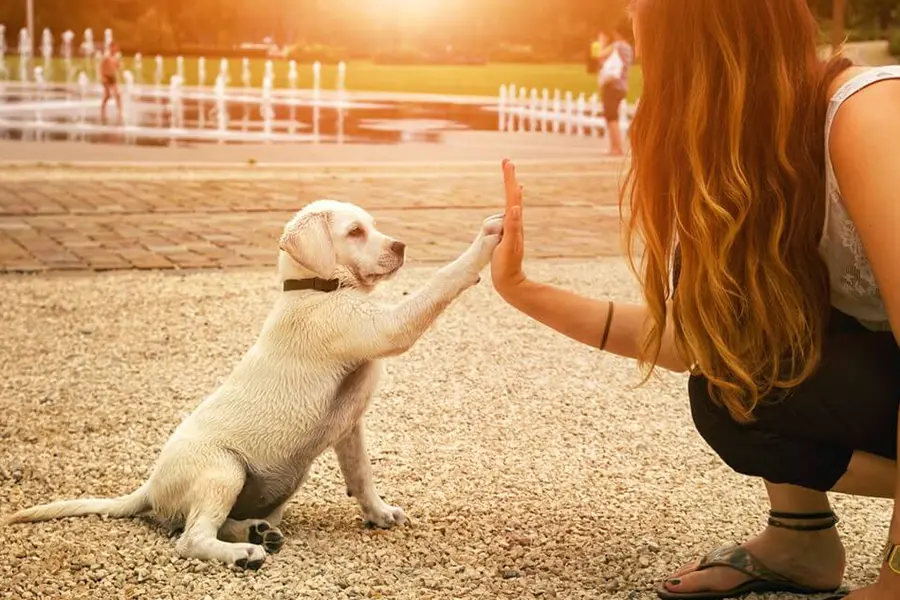
Living harmoniously with our pets begins with understanding their needs, personalities, and communication styles. A paw-fect person recognizes and respects the individuality of their furry companion, creating a space for open communication and mutual understanding.
Responsible pet ownership is integral to a balanced coexistence. This includes providing proper nutrition, veterinary care, and opportunities for exercise and mental stimulation. A paw-fect person understands the commitment involved in caring for a pet and embraces the responsibilities with enthusiasm.
Being the paw-fect person extends beyond our homes. It involves advocating for the well-being of all animals and promoting awareness about ethical treatment. This may include supporting local shelters, adopting pets, and participating in initiatives that protect animal rights.

The essence of “Live & Let Live” extends to the broader community, fostering an inclusive mindset where differences are celebrated. This applies not only to human relationships but also to the diverse world of animals. By embracing diversity in the animal kingdom, a paw-fect person contributes to a more compassionate society.
In conclusion, embodying the spirit of “Live & Let Live” involves being the paw-fect person for our animal companions and extending that compassion to the broader world. As we learn from the unconditional love offered by our pets, let us reciprocate by creating a world where all beings can coexist in harmony. Being the paw-fect person is about embracing a philosophy that fosters a world where empathy and understanding prevail.

